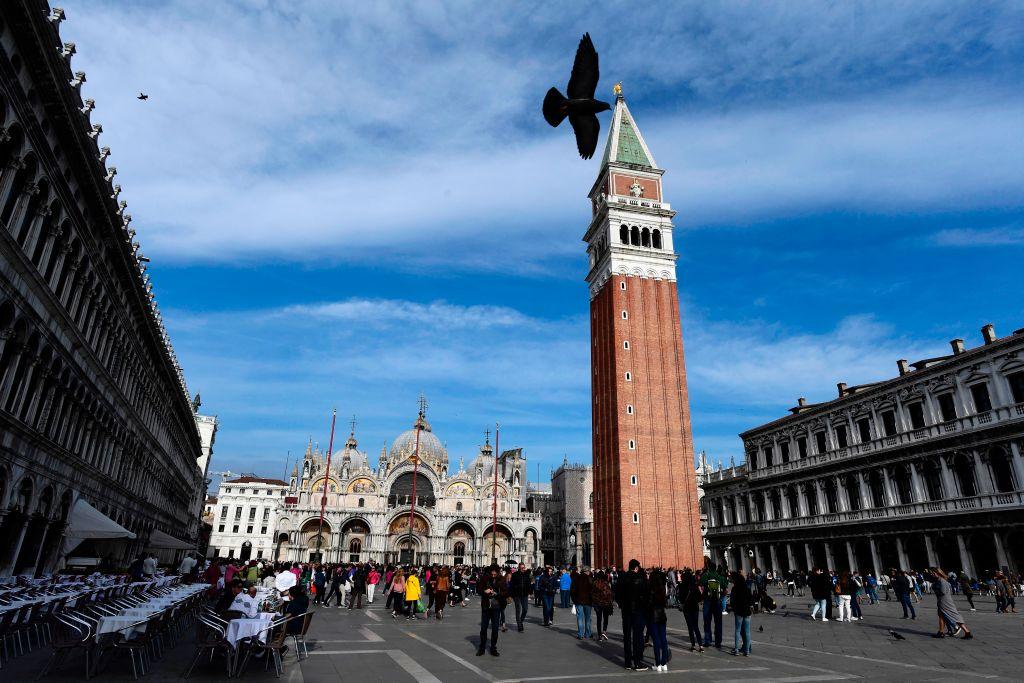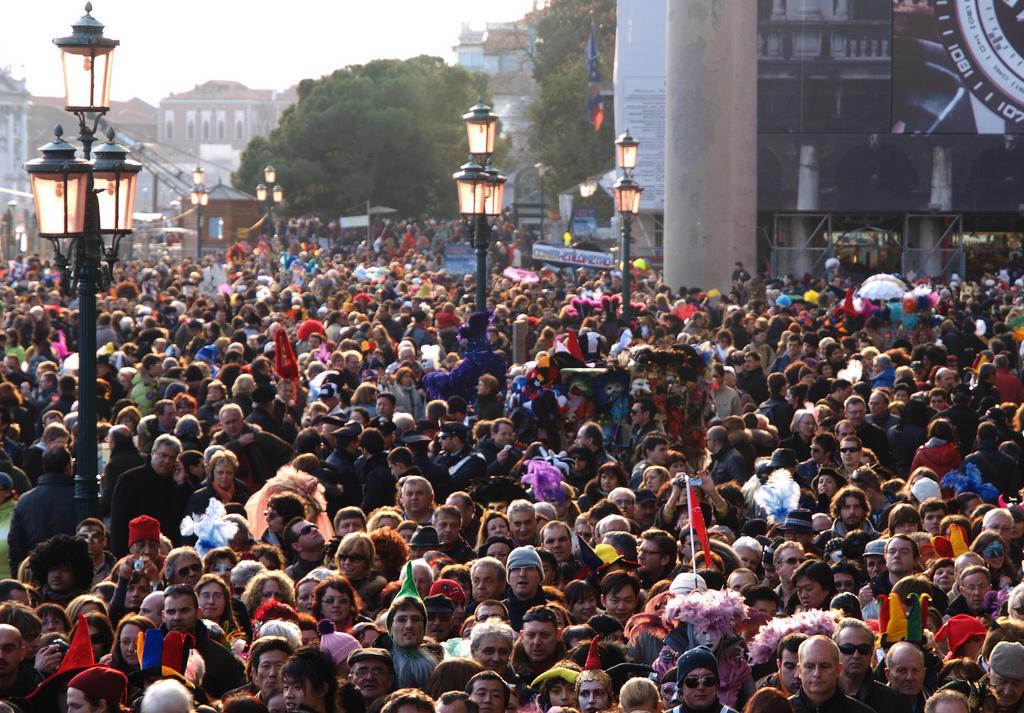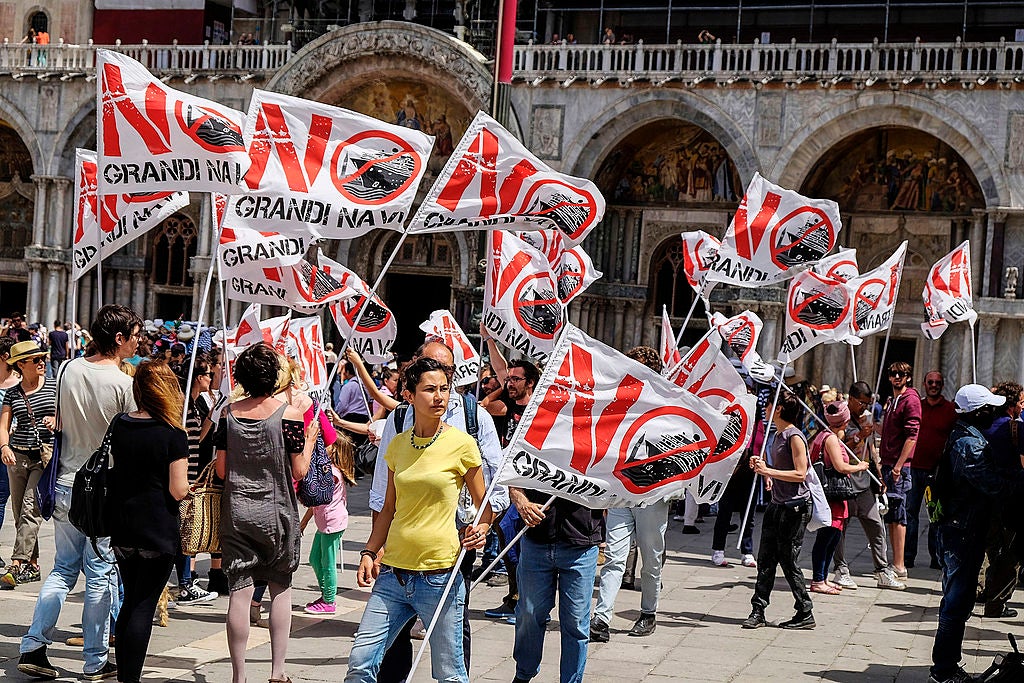Venice planning to charge entry to its historic city centre
City council reveals plans to monitor and charge its 30 million tourists per year

Your support helps us to tell the story
From reproductive rights to climate change to Big Tech, The Independent is on the ground when the story is developing. Whether it's investigating the financials of Elon Musk's pro-Trump PAC or producing our latest documentary, 'The A Word', which shines a light on the American women fighting for reproductive rights, we know how important it is to parse out the facts from the messaging.
At such a critical moment in US history, we need reporters on the ground. Your donation allows us to keep sending journalists to speak to both sides of the story.
The Independent is trusted by Americans across the entire political spectrum. And unlike many other quality news outlets, we choose not to lock Americans out of our reporting and analysis with paywalls. We believe quality journalism should be available to everyone, paid for by those who can afford it.
Your support makes all the difference.First they introduced separate lines for locals and tourists at popular vaporetto stops. Next came rumblings about wheeled suitcases being banned. In between we’ve had protests about locals being priced out and viral videos of badly behaved tourists swimming in the Grand Canal.
And now Venice has taken a step closer towards Barcelona’s deliberate discouragement of tourists by bringing in people-counters at the city’s most popular sites, and planning to introduce a ticketing system for Piazza San Marco, the main square.
A city council meeting last Thursday approved plans – proposed by mayor Luigi Brugnaro and councillor for tourism Paola Mar – to effect the changes as quickly as possible.
Initially, the counters will merely register the number of people at popular sites, and share the figures in real time on social media and the city’s website, in the hope of deterring visitors from over-subscribed places such as Piazza San Marco and the Doge’s Palace, rather than capping numbers.

But ultimately, according to local newspapers, the council plans ticketed entry to the “area marciana” around the city’s most famous square.
Paid-for tickets to book entrance into Piazza San Marco "is an eventuality that exists, though not immediately", Mar told local paper Il Gazzettino, adding that any ticketing would be introduced "as part of an agreed route".
The council has also announced plans to bring in new maps highlighting lesser known routes around Venice, as well as a publicity campaign highlighting lesser known areas.
There is no indication so far as to when the counters will be introduced, but Brugnaro – who last year received an ultimatum from Unesco that unless swift action is taken, Venice will make its way onto its black list of at-risk sites – has announced that action will be taken sooner rather than later. The sites announced so far include the Riva degli Schiavoni (the waterside promenade which ends at Piazza San Marco), and bridges leading away from the railway station and Piazzale Roma, the terminus for the mainland.
Free WiFi will also be opened up to all, allowing the council to track and profile visitors in each location.
Not everyone is on board with the proposals, however. One Venetian shopowner, who wished to remain anonymous, told The Independent that they didn't like the idea "because I'd feel like the city was even more of an amusement park than it already is." Meanwhile, Italy’s minister of culture Dario Franceschini told reporters: “I’m against the idea of a ticket. You cannot make people pay a fee to access a historic centre or a square. Cities must stay open and free.”

However, he did acknowledge that “places of art that already suffer from overcrowding today, and that are fragile themselves, cannot hold an unlimited number of tourists. Places like… Piazza San Marco… have a finite capacity. They must be protected.”
Venice currently receives 30 million visitors per year, most of whom confine themselves to the most popular sights and routes around the city. A significant number are day trippers or cruise visitors, who contribute little or nothing to the local economy.
Charging visitors to enter city centres is a new idea for Italy, but not for the world. Visitors to Lijiang in China’s Yunnan province must shell out 80RMB (£9) to enter the historic old town.
Join our commenting forum
Join thought-provoking conversations, follow other Independent readers and see their replies
0Comments